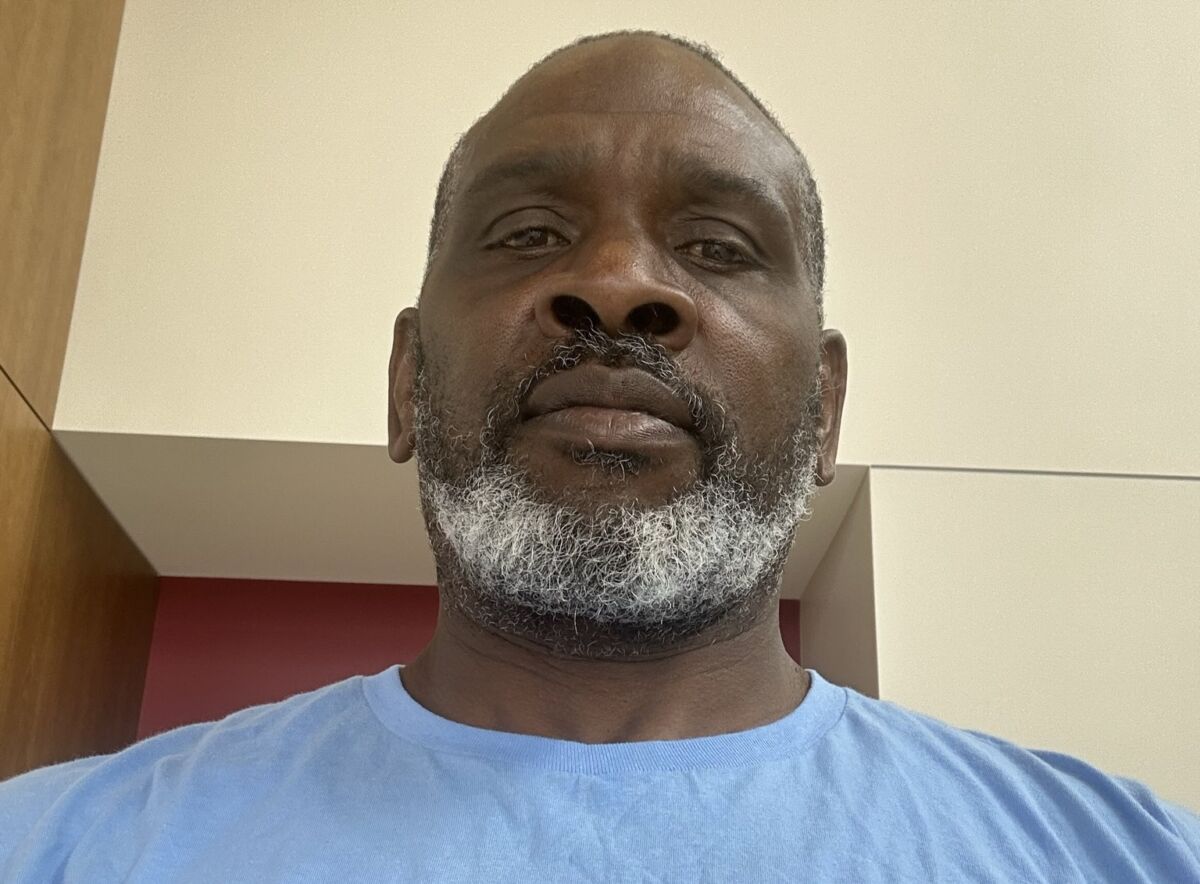Pennsylvania just made a bold move, but it’s not necessarily the win it looks like. The state’s House of Representatives narrowly passed House Bill 1200, which would legalize adult-use marijuana and sell it through state-run dispensaries. That’s right—just like Pennsylvania controls liquor, they now want to control cannabis.
But before we celebrate, let’s get clear: this model is not built for us. And if it moves forward, it could be one of the biggest setbacks for equity in any legal weed state.
A State-Run Monopoly?
HB 1200 would hand the Pennsylvania Liquor Control Board (PLCB) the keys to the cannabis kingdom. While private businesses would still be able to grow, process, and transport weed, the state would be the sole operator of every legal dispensary. That means all cannabis retail dollars flow through the government before a single cent touches a Black or Brown-owned business.
Even more concerning, cities wouldn’t be allowed to opt out of retail. On the surface, that sounds like accessibility. But when the government owns all the stores, accessibility for us is a mirage. If you’ve ever tried to get a contract, a license, or a seat at the table in a government-run system, you already know how that plays out.
What’s In the Bill?
The bill allows adults 21 and up to buy and possess up to 42.5 grams of cannabis per day. There’s a cap on flower potency at 25% THC and strict limits on edibles. Home grow is legal—but only if you pay a $100 annual fee to grow two mature and two immature plants.
Here’s how the money would move:
-
A 12% excise tax goes to a Cannabis Revenue Fund.
-
50% of that goes to a Community Reinvestment Fund.
-
10% goes to substance misuse programs.
-
5% is earmarked for cannabis business development.
-
2.5% for minority business development.
Those numbers sound cute, but ask yourself: who’s getting licensed to sell? And how many Black entrepreneurs will actually benefit when the state controls the storefronts?
Expungements & Equity Promises
The bill includes automatic expungements for certain past offenses and sets up a Social and Economic Equity Loan & Grant Program. To qualify, applicants must be low-income and either from justice-impacted backgrounds or historically impacted neighborhoods.
But here’s the real question: How do you build generational wealth when you can’t own the space where wealth is made?
Equity isn’t just about programs and promises. It’s about power. And in this bill, the power is locked behind state-run counters, far from the people most harmed by prohibition.
Opposition is Growing—And It Should
Even within the House, the bill barely passed—just 102-101. Some GOP lawmakers argued the bill violates the Pennsylvania Constitution. Others flagged concerns about impaired driving and workplace safety. Meanwhile, a competing bill that supports private, licensed dispensaries is in the works.
Let’s be clear: legalizing weed is the right move. But how we legalize it matters. And right now, HB 1200 feels like a setup.
Governor Josh Shapiro has called for legalization, but hasn’t endorsed this state-run plan. And in the Republican-controlled Senate, this bill could hit a wall. Honestly, that might be for the best. Because if this becomes law, it’ll leave behind the very people legalization was supposed to help.
What’s At Stake for Black Pennsylvania?
This model follows the same playbook we’ve seen in other industries: government takes control, big corporations swoop in through loopholes, and community voices get shut out.
When private equity firms and MSOs (multi-state operators) dominate the legal market, we lose. But when the state monopolizes that same market, we still lose—just under a different banner.
There’s no path to ownership. No storefronts to call our own. No way to pass a cannabis business down to your kids when the state owns the cash register.
This is why the plan must be challenged—and changed. Because legalization without ownership is just another form of control.
Black Cannabis Magazine is your go-to platform for cannabis culture, news, and lifestyle content with a focus on diversity and inclusion. For more information, visit www.blackcannabismagazine.com.
Copyright 2025 Black Cannabis Magazine. Distributed by Hazey Taughtme, LLC.












